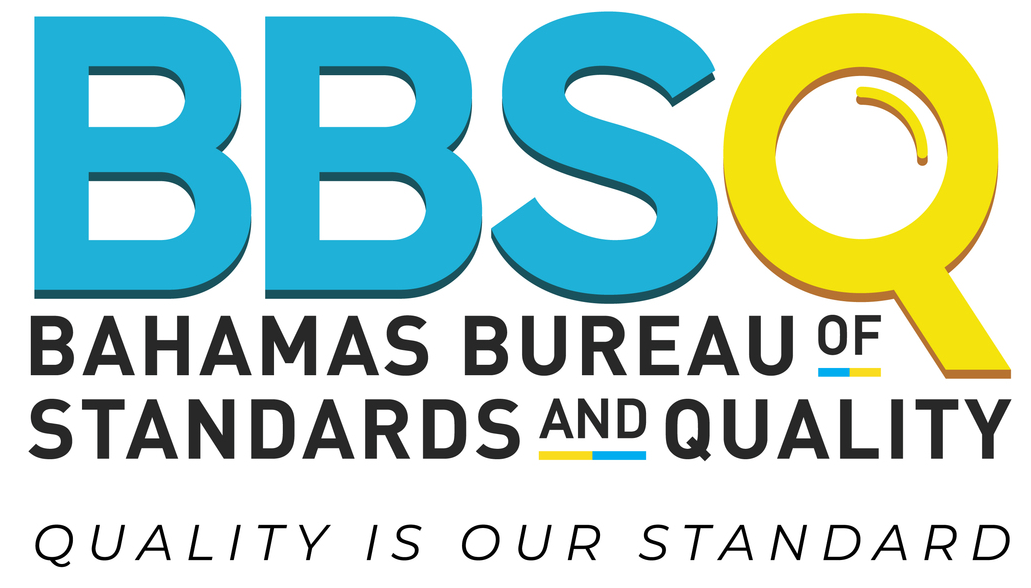ISO 18071:2016 specifies the determination of the antiviral activity of materials that contain indoor-light-active photocatalytic materials or have indoor-light-active photocatalytic films on the surface by a test method that measures the infectivity titre of bacteriophage Q-beta after illumination with indoor light.
NOTE In the test method, the surrogate microbe is bacteriophage Q-beta, intended as a model for influenza viruses.
It is intended for use with different kinds of indoor-light-active photocatalytic materials used in construction materials, in flat sheet, board or plate shape that are the basic forms of materials for various applications. It does not include powder, granular or porous indoor-light-active photocatalytic materials.
It is applicable to indoor-light-active photocatalytic materials produced for an antiviral applications. Other types of performance of indoor-light-active photocatalytic materials, i.e. antibacterial activity, antifungal activity, decomposition of water contaminants, self-cleaning, antifogging and air purification, are not determined by this method.
